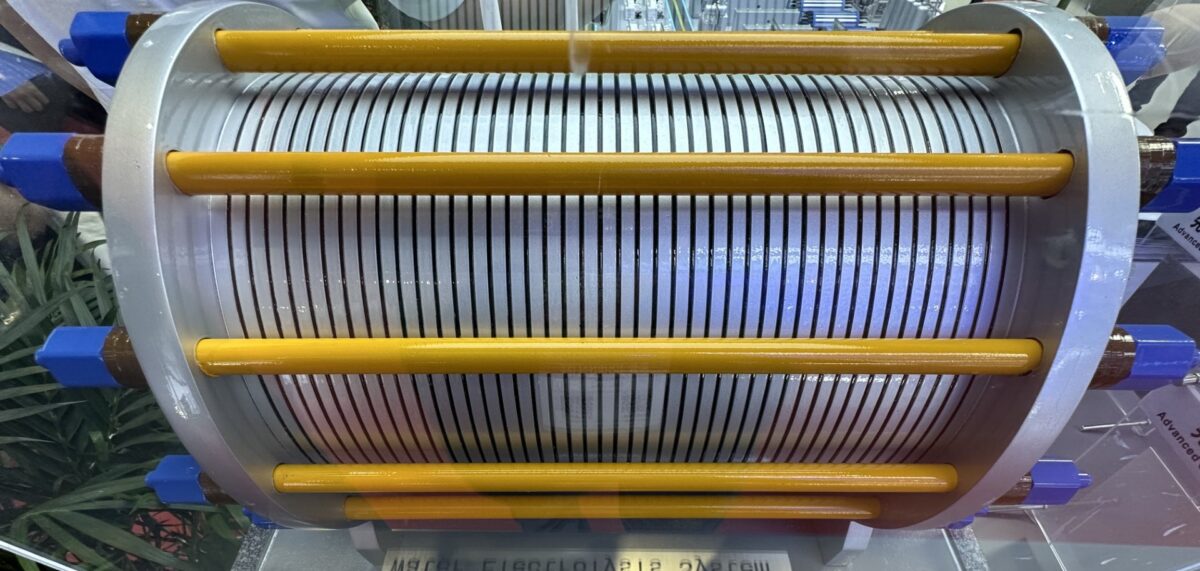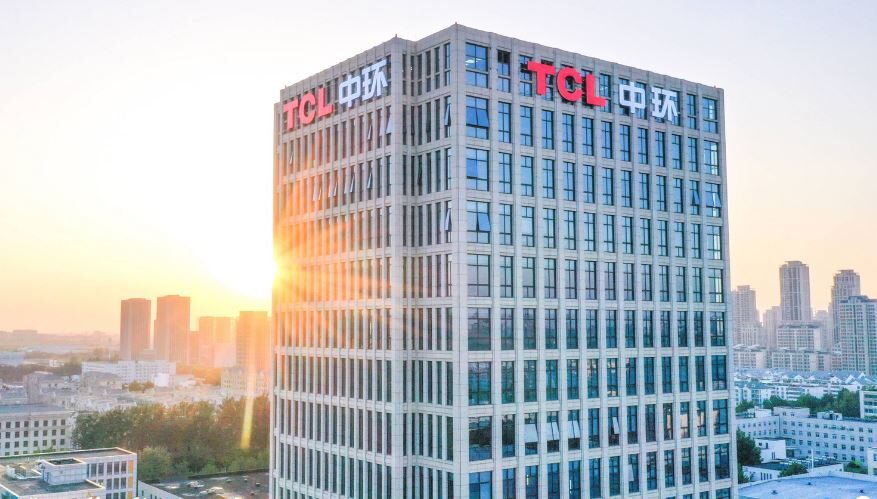Universidade de Lisboa researchers have found that most raw materials pose little threat to hydrogen technology implementation in Europe, but iridium is a critical element. They said in their paper, “Strategic raw material requirements for large-scale hydrogen production in Portugal and European Union,” that its scarcity could hinder the widespread use of proton exchange membrane electrolyzers, even though it makes up less than 0.001% of material requirements. The argued that raw material reserves will likely influence the electrolyzer mix and that solutions using iridium and nickel may hit bottlenecks.They also noted that rising material demand underscores the need for continued mining efforts to prevent shortages and said that electrolyzers are the main raw material consumers in local hydrogen plans.
DH2 Energy and Mibgas Derivatives, the Iberian gas futures market operator, have launched the first renewable hydrogen auction for the Iberian market. The process began with the recent publication of auction details on the Mibgas website. “The open auction targets companies interested in acquiring renewable hydrogen, both nationally and internationally, without restrictions on the type of application for the hydrogen,” the partners said in an emailed note. They outlined the auction process, starting with a pre-qualification phase and a qualification stage. In the final, competitive phase, qualified companies will submit bids. The best offers will be selected, and those companies will negotiate bilateral agreements with DH2 Energy, potentially leading to contracts.
Compagnie Maritime Monegasque Zero Emission (CMMZE) has unveiled plans to develop green hydrogen production plants in the United Arab Emirates, Morocco, and Tunisia, aiming for an annual output of 180,000 tonnes. To achieve this, CMMZE said it will need 1.2 million MWh of renewable electricity. Construction is set to begin in early 2025, with the first phase of production expected by late 2027. CMMZE’s founder, Aldo Labia. added that the company is now in talks with European companies for long-term offtake agreements.
Air Liquide and Limak Cement Group have tested hydrogen-blended fuel at Limak's plant in Ankara, Türkiye. The trial, conducted in June at the Polatlı Anka facility, successfully introduced hydrogen into the pre-calciner, achieving 50% thermal substitution with alternative fuels. This marks the world's first use of low-carbon hydrogen and alternative fuels in the pre-calciner, according to Limak Cement.
This content is protected by copyright and may not be reused. If you want to cooperate with us and would like to reuse some of our content, please contact: editors@pv-magazine.com.



By submitting this form you agree to pv magazine using your data for the purposes of publishing your comment.
Your personal data will only be disclosed or otherwise transmitted to third parties for the purposes of spam filtering or if this is necessary for technical maintenance of the website. Any other transfer to third parties will not take place unless this is justified on the basis of applicable data protection regulations or if pv magazine is legally obliged to do so.
You may revoke this consent at any time with effect for the future, in which case your personal data will be deleted immediately. Otherwise, your data will be deleted if pv magazine has processed your request or the purpose of data storage is fulfilled.
Further information on data privacy can be found in our Data Protection Policy.